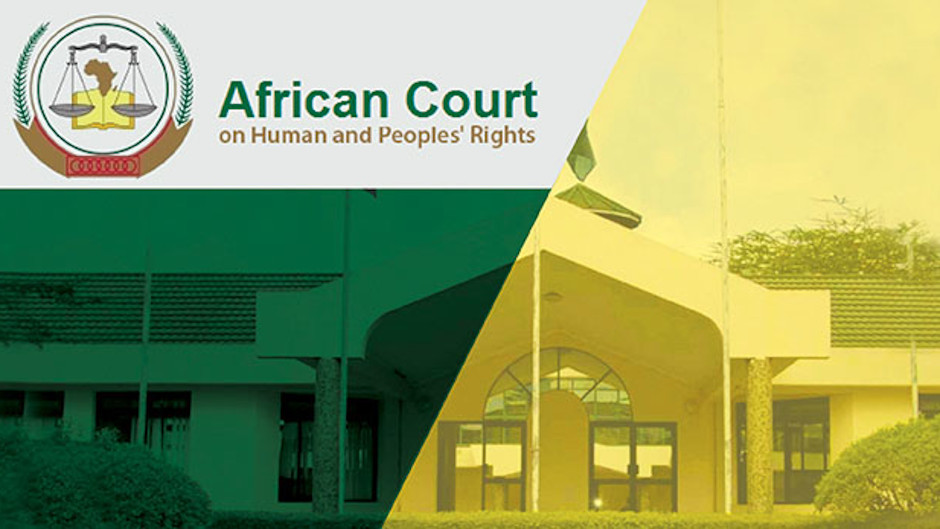Just as 2020 came to a close, the African Court on Human and Peoples’ Rights issued a groundbreaking decision, taking a bold stand against the criminalization of poverty and marginalization, an area of focus for Miami Law’s Human Rights Clinic.
The African Court held that vagrancy laws, such as those criminalizing loitering, idleness, and being a vagrant without a fixed abode or employment, rogue and vagabond, without visible means of subsistence, or unable to give a good account of oneself, are incompatible with human rights standards in both their formulation and application. Specifically, these laws violate rights to non-discrimination and equality, dignity, liberty, a fair trial, freedom of movement, and protection of family, as well as state obligations towards women and children.
Under the supervision of Human Rights Clinic Acting Director Tamar Ezer, former students Maia Dombey, J.D. ’20, Rachel Fleishman, J.D. ’20, and Roman Rodriguez-Tejera, J.D. ‘20 had the opportunity to file an amicus brief with the African Court of Human and Peoples’ Rights on the gender impacts of vagrancy laws, in collaboration with Lawyers Alert-Nigeria. The submission complemented a request by the Pan African Lawyers Union for an advisory opinion from the African Court on the general compatibility of vagrancy laws with human rights standards.
“Vagrancy laws are part of the colonial legacy that is very much alive today and used as a tool of social control to purge public spaces of unwanted groups,” said Ezer. “Moreover, vagrancy laws amplify the burdens and disenfranchisement of those already living or working on the street.”
In addressing violations against women, the Court referred to the Clinic’s submission, which highlighted the impact of vagrancy laws on women and gender non-conforming people as a means of reinforcing discriminatory hierarchies. The Court noted that “vagrancy laws perpetrate multiple violations of the rights of poor and marginalized women” and found that “vagrancy laws, effectively, punish the poor and underprivileged, including but not limited to the homeless, the disabled, the gender-nonconforming, sex workers, hawkers, street vendors, and individuals who otherwise use public spaces to earn a living.”
The decision requires African states to amend or repeal all vagrancy laws, by-laws, and regulations to conform with human rights standards. This is an exciting step that hopefully will lead to global momentum against the criminalization of poverty and marginalization.
The Human Rights Clinic’s former students were thrilled to have had this opportunity to influence global standard-setting. “It’s not very often that law students get to see their work cited by a court, never mind an international court with such broad impact,” said Rodriguez-Tejera. “For me, seeing that made my entire year.”
Read more about Human Rights Law at Miami Law
Read more about the Human Rights Clinic

